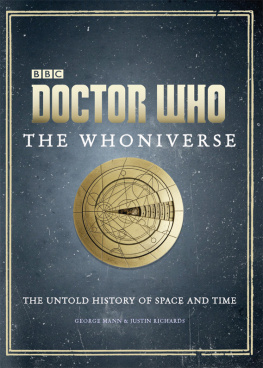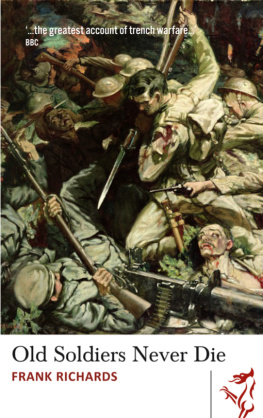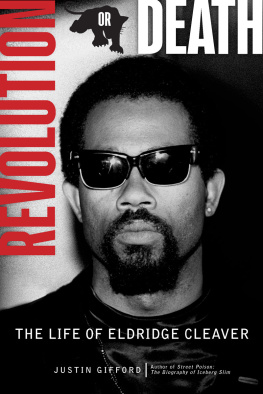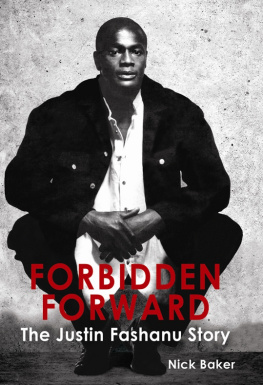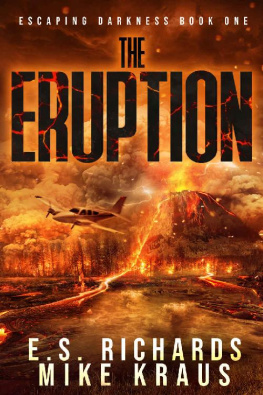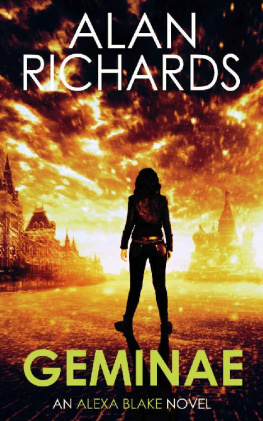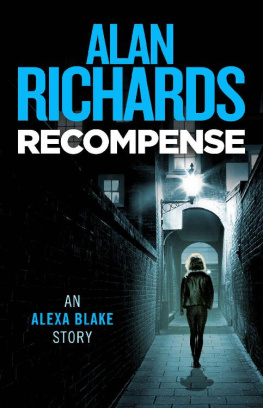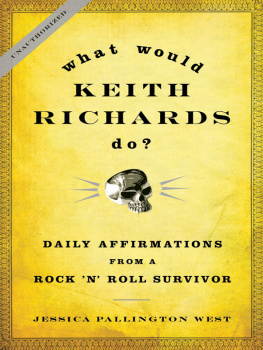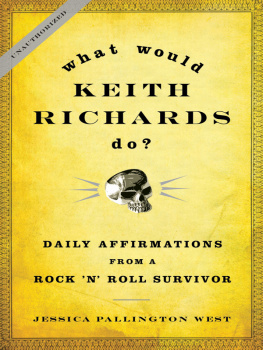Justin Richards - The Death Collector
Here you can read online Justin Richards - The Death Collector full text of the book (entire story) in english for free. Download pdf and epub, get meaning, cover and reviews about this ebook. genre: Romance novel. Description of the work, (preface) as well as reviews are available. Best literature library LitArk.com created for fans of good reading and offers a wide selection of genres:
Romance novel
Science fiction
Adventure
Detective
Science
History
Home and family
Prose
Art
Politics
Computer
Non-fiction
Religion
Business
Children
Humor
Choose a favorite category and find really read worthwhile books. Enjoy immersion in the world of imagination, feel the emotions of the characters or learn something new for yourself, make an fascinating discovery.

- Book:The Death Collector
- Author:
- Genre:
- Rating:4 / 5
- Favourites:Add to favourites
- Your mark:
- 80
- 1
- 2
- 3
- 4
- 5
The Death Collector: summary, description and annotation
We offer to read an annotation, description, summary or preface (depends on what the author of the book "The Death Collector" wrote himself). If you haven't found the necessary information about the book — write in the comments, we will try to find it.
The Death Collector — read online for free the complete book (whole text) full work
Below is the text of the book, divided by pages. System saving the place of the last page read, allows you to conveniently read the book "The Death Collector" online for free, without having to search again every time where you left off. Put a bookmark, and you can go to the page where you finished reading at any time.
Font size:
Interval:
Bookmark:
Justin Richards
The Death Collector
Chapter 1
Four days after his own funeral, Albert Wilkes came home for tea.
Even the dog knew there was something wrong. He was a mongrel called Pup, although it was many years since he had last been mistaken for a puppy. Stretched out in front of the fire in the living room, Pup raised his tired head. His ears were slicked back and his mouth curled away from yellowed teeth. Paws skittering on the wooden floor, the dog pushed itself backwards panting heavily. It never took its watery eyes off the figure in the doorway.
Even the ear-splitting shriek from Nora Wilkes when she turned to see what Pup was afraid of did not break the dogs stare at its late master. Woman and dog mirrored each other, transfixed, backing away from the nightmare that walked into the room.
Albert Wilkes, oblivious to the reaction he had provoked, sat down at the small round table. Just as he had every evening for the last thirty years. He sat, silent and still, and waited for his widow to bring him his tea.
When he had been alive, it was Mrs Wilkes who did most of the talking in the house. Albert had been content to nod and pretend to listen, to drink his tea and eat his dinner and sit in front of the fire reading until the small hours. Nora watched her dead husband, saying nothing. Yet he nodded and muttered and stared back at her through blank, dry eyes just as he always did when she was speaking.
Without thinking, Nora Wilkes had put the kettle on. Her mind and body settled back into the familiar routine to prevent it from having to accept what she was seeing. But her heart was thumping in her chest and she could feel the blood rushing in her ears. Her hands were shaking as she stroked Pup, comforting him.
Then another pair of hands reached out for the dog, reached out to cradle its whiskery head in an age-old routine. The dog yelped and backed away. Nora shrieked in fright. The spell broken at last, she ran from the room.
Hands so cold and pale they were almost blue took Pups lead from a hook by the door. The dog cringed away as the lead was fastened to its collar. A croaky, rasping cough echoed round the room, sounding as if it should have come from the crackling fire rather than the throat of the man dragging the reluctant dog towards the door.
Nora Wilkes sat on the floor of the small back room, her head in her hands, rocking gently to and fro as she cried almost without making a sound. The front door slammed shut, and she looked up.
When all had been silent for a while, she slowly pulled herself to her feet. She edged back into the front room and looked round. The light had dimmed in the last few minutes but even so it was obvious that the room was empty. She would have liked to have dismissed the last hour as a delusion or dream a nightmare. Except that the hook by the door was empty, and Pup was gone.
She felt hollow inside, like her heart had been scooped out and thrown away. It was worse than when she had found him dead in the bed beside her his mouth open as if caught in mid-snore. For years he had annoyed her with the sound of his snoring, and that morning it had been the lack of the sound that had made her suddenly cold with fear. She reached for a log to put on the dying fire.
The fire threw up sparks and crackled as it accepted the wood. But before Nora could enjoy the benefit, there was a sudden loud hammering at the door behind her. Normally it would have made her jump. Now, she walked slowly to the door and opened it, not daring to think what she might find on the other side.
The figure was tall but stooping, wrapped in a dark cloak. The firelight flickered across his wrinkled features. Nora crossed herself, realising that Death himself had come back for her Albert. But then the old man smiled thinly. May we come in? and his voice was quiet and kind.
The we worried her. But his companion was a young woman, about eighteen years old. She was wearing a long, shapeless coat though her face was lively and pretty. The fire danced in her eyes and her blonde hair shone as they stepped into the room.
The man was talking again, his voice cracked with age. Horace Oldfield. The rector asked me to stop by if I had a moment. You know he is away this week?
Nora nodded quickly, though she had not known. In the better light she could see his clerical collar, and noted how frail and bent the old man was. The girl was holding his arm to help him stay upright.
I used to be the vicar of St Bartholomews, not far from here. Until I was forced to retire. He seemed to realise that the girl was holding him and struggled without success to tug his arm free. My daughter, Elizabeth, he explained, as if to excuse her.
Nora found her voice at last. Im sorry. Please sit down. She was surprised how calm she sounded. Can I get you a cup of tea? The kettles on. My husband has just She stopped, pulled up abruptly as she realised what she had been about to say. How natural it would have sounded. How ordinary to say that Albert had taken the dog out.
We know, Oldfield said sympathetically, sitting down where Albert Wilkes had sat for his tea year after year. He passed away last week, I understand. Very tragic. He shook his head sadly. You have our sympathy, doesnt she, Elizabeth?
The girl said nothing, holding her fathers hand across the small table as she sat opposite him. But her emerald eyes were full of pity and feeling as she looked at Nora.
And then, only then, did Nora collapse to the floor, sobbing and crying for her dead Albert. Desperate for him to come home again, no matter how he stank of the earth and reeked of decay.
It was early evening and the light was fading. The sun was giving up its last attempts to break through the smog that shrouded London, and everything was washed in a grubby haze. Eddie Hopkins leaned against a wall, feeling the cold roughness of the crumbling brickwork through his shirt. He watched the people on Clearview Street, assessing them with a young but professional eye.
It was not a good area for him to be looking for work too quiet by half. He worked better, and safer, in the rush and bustle of more crowded streets. He preferred his clients to be ostentatious and wear their wealth on their sleeve or rather, in easily accessible pockets. A dilapidated carriage went by, the horses looking old and tired. A group of children ran past, laughing and joking. One of them stuck his tongue out at Eddie. Eddie ignored him. Just a kid. Eddie himself was nearly fifteen. Or almost nearly.
Then he saw the old man with the dog. He watched the figure shuffling awkwardly along the pavement head down, jacket caked in dirt, hands twisted into claws and every movement an effort. An easy target, Eddie thought as the man went slowly on his ponderous way. The dog wouldnt be a problem.
But as he passed, Eddie caught a whiff of him. The air was heavy with coal smoke and smuts from Augustus Lorimores nearby foundries. It had an acid tinge to it. But even so, Eddie could almost taste the smell that was coming off the old man. A cloying, slightly sweet smell that spoke of decay and neglect. A graveyard stench.
As he walked, the old man kept his head down. It swayed gently from side to side with each heavy step. What Eddie could see of his face was lined and saggy. The face was angled so that Eddie could not see the mans eyes, just the shadowy outlines of the sockets. Like the blank eyes of a skull.
The dog was straining at its lead, as if trying to escape. It struggled and pulled and yelped, but the old man refused to quicken his pace.
Eddie turned away. As he turned, he saw that he was not the only person interested in the old man. Though they were on the other side of the street, two men were following him. They were walking too slowly to be as casual and at ease as they tried to appear. And their eyes were fixed on the old man. Even through the gathering gloom, Eddie could tell that they meant the man no good.
Font size:
Interval:
Bookmark:
Similar books «The Death Collector»
Look at similar books to The Death Collector. We have selected literature similar in name and meaning in the hope of providing readers with more options to find new, interesting, not yet read works.
Discussion, reviews of the book The Death Collector and just readers' own opinions. Leave your comments, write what you think about the work, its meaning or the main characters. Specify what exactly you liked and what you didn't like, and why you think so.

